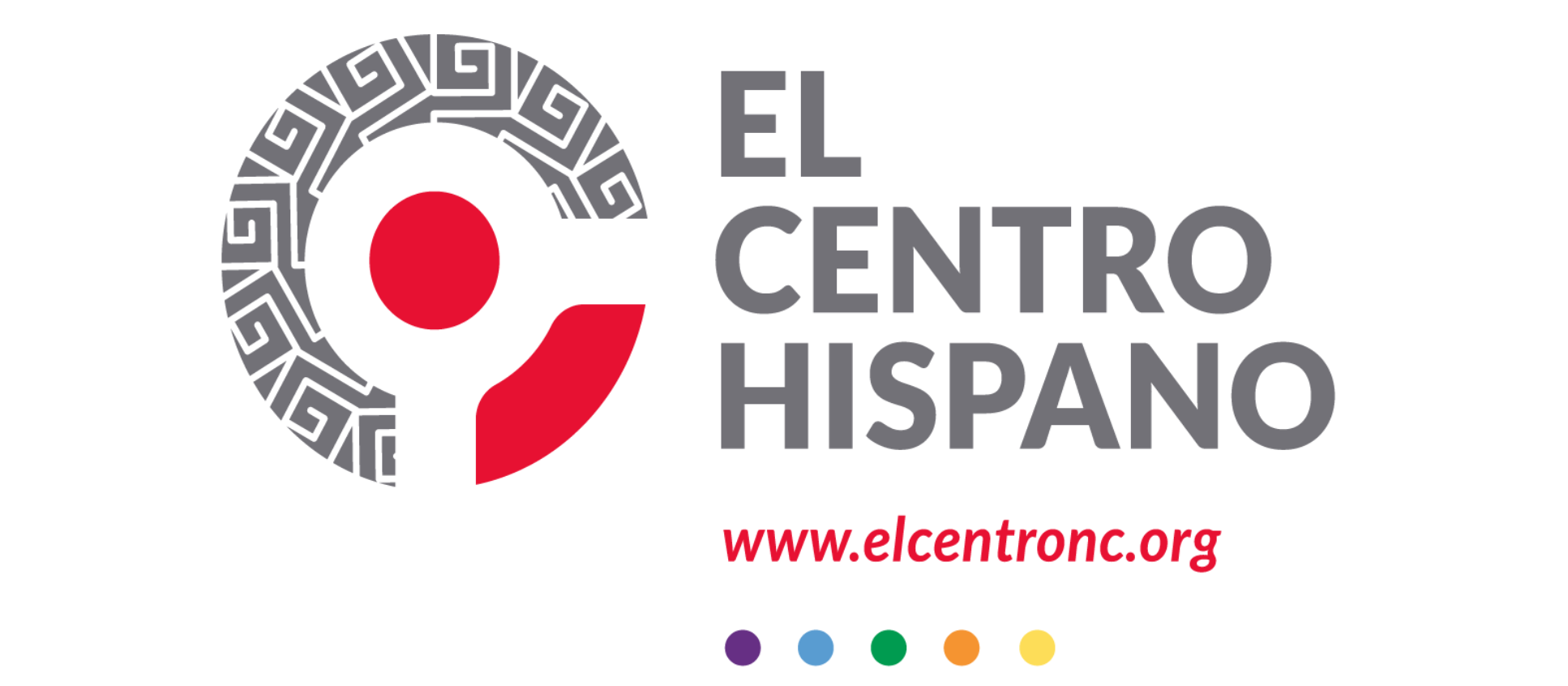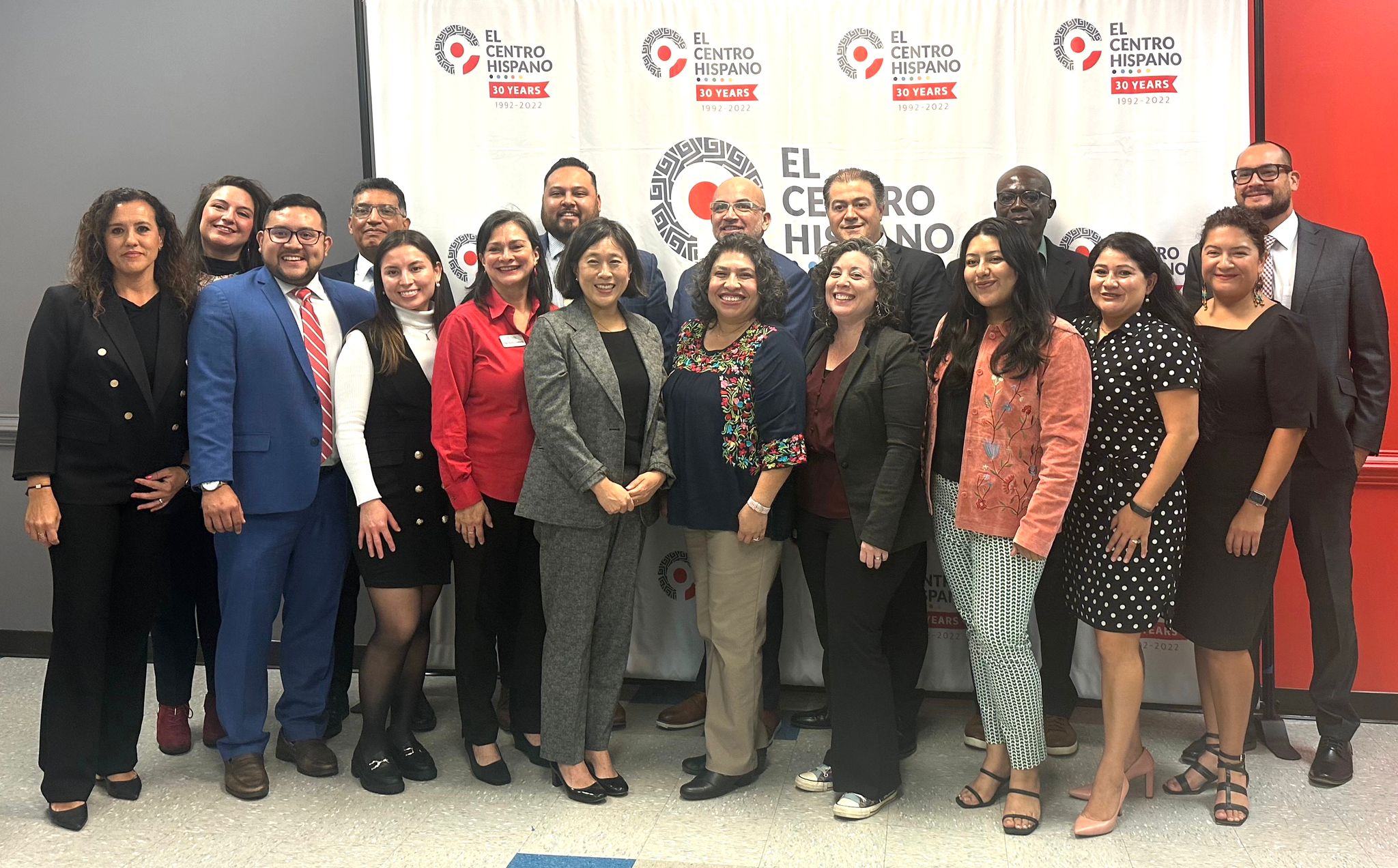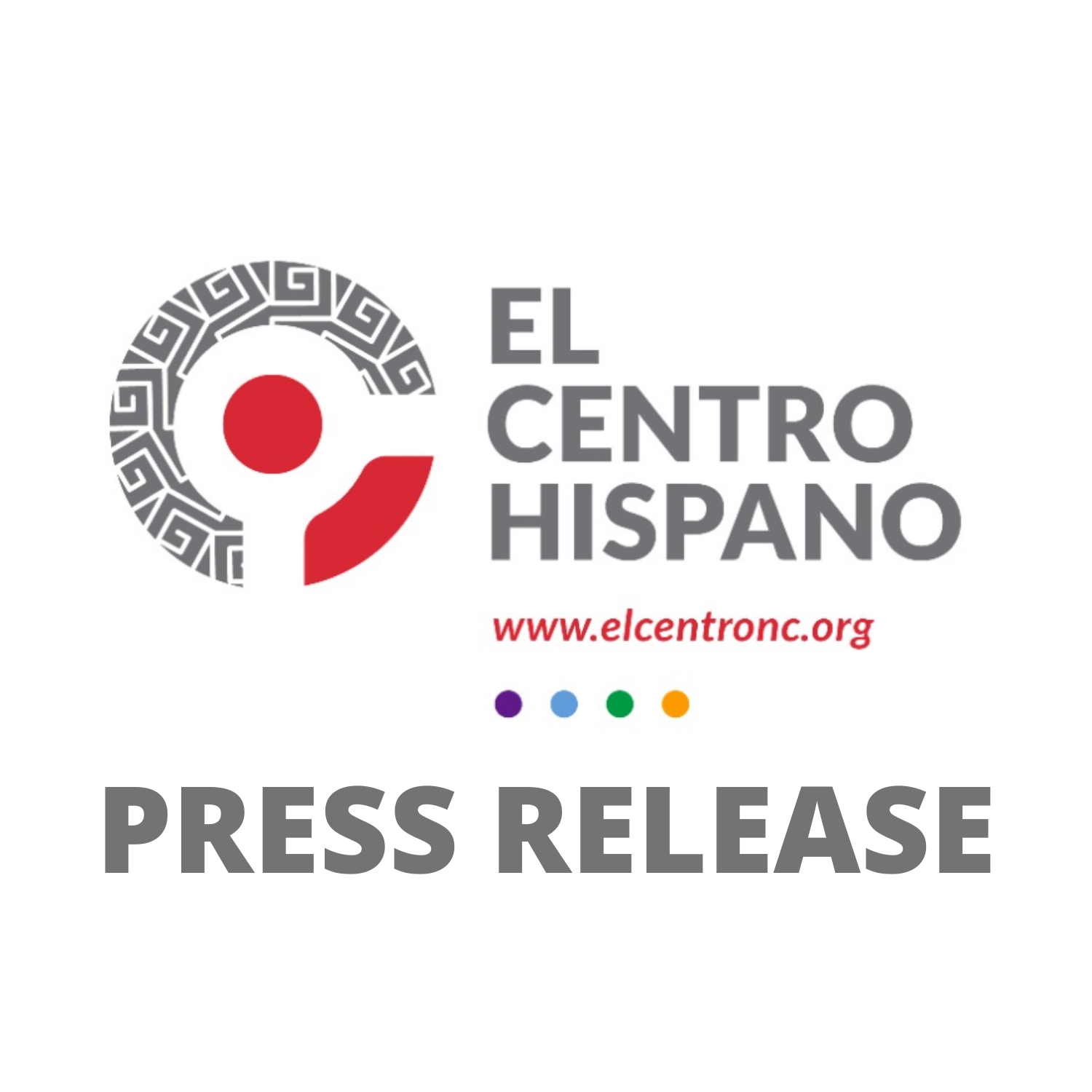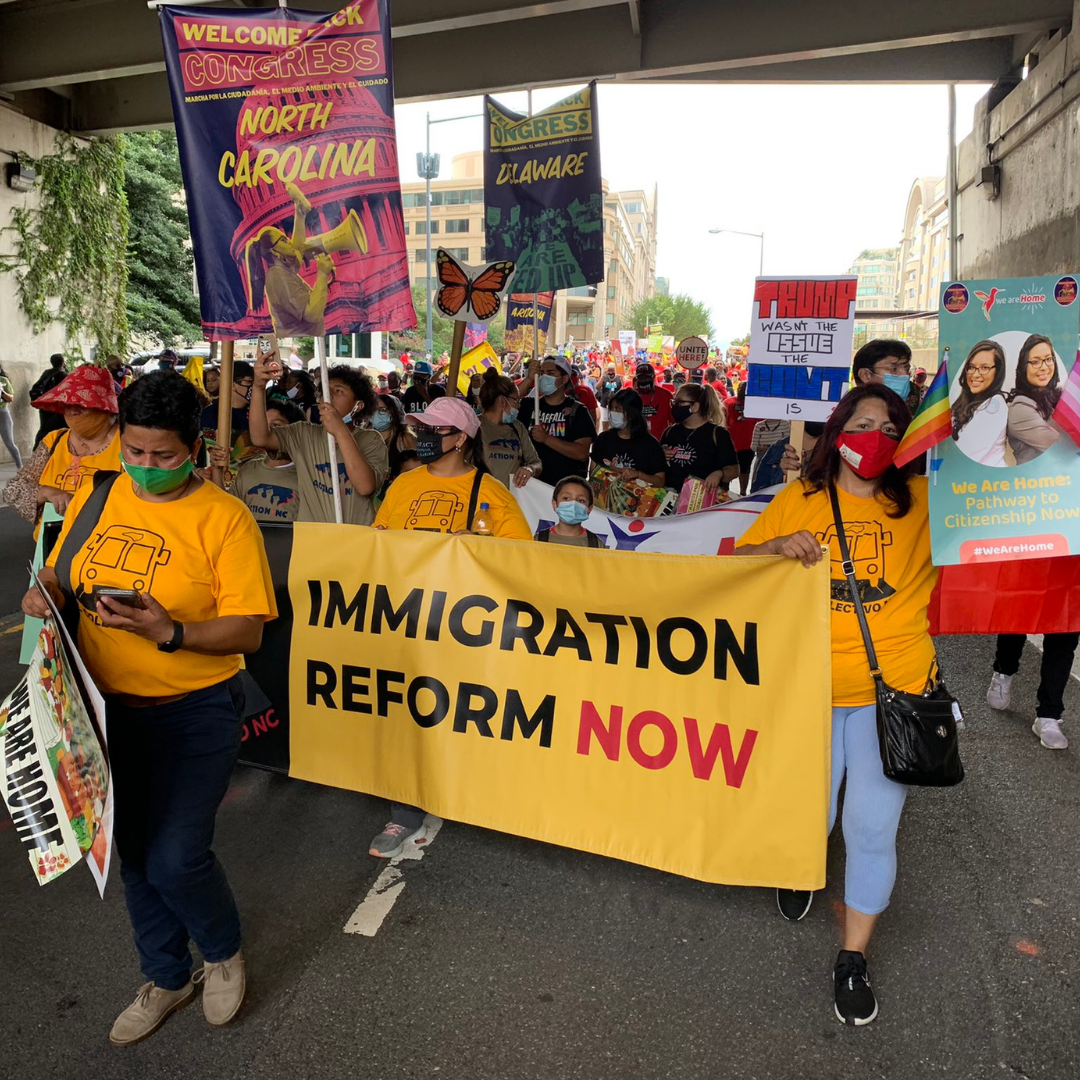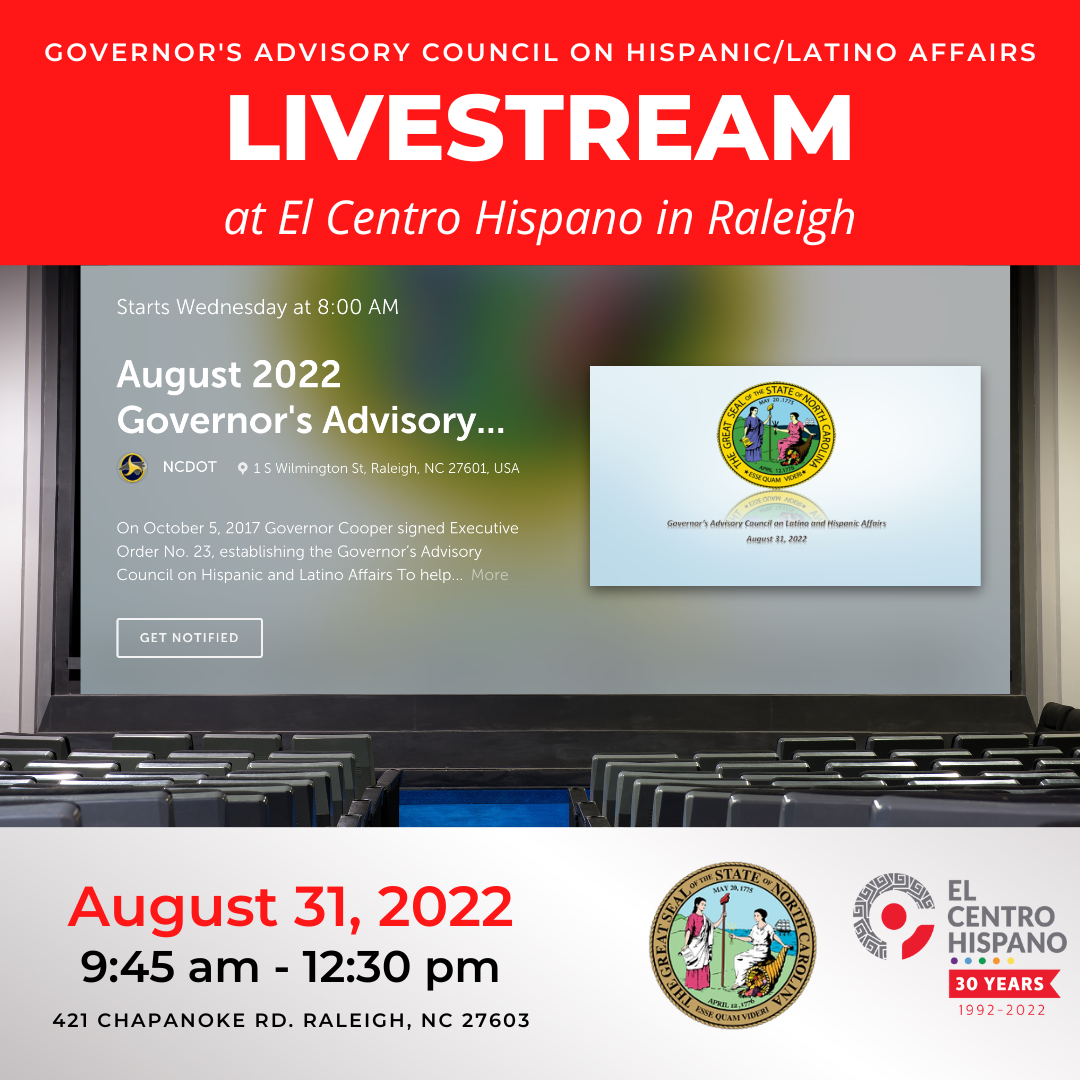Empowering Latino Communities: Addressing Economic, Healthcare, and Political Challenges
As it is seeing in the results, the top five concerns of our local community are regarding economic hardships, healthcare access and safety. In our work as a nonprofit we strengthen the community by responding to their needs and giving them the tools to overcome barriers by building capacity for self sufficiency. Historically, one of those priority needs is Economic Development. Hispanics have consistently been below the median usual weekly earnings of full-time wage and salary workers measured by race since the year 2000: in the first quarter of 2024 this was $260 under the median per week, and in the second quarter, it was $240.
That is why our overarching goal in that area is to grow wealth, economic stability, and entrepreneurship among the Hispanic/Latino/Latinx community members and other underserved populations. I can tell you that the response of the community to our programs speaks loudly of how these concerns manifest in their daily lives. Through our Casa de Empleo & Liderazgo (Casa for Employment & Leadership) we offer vocational training and certifications that increase access to stable, safe, profitable, and meaningful employment and/or self-employment for community members by connecting them to employment opportunities. This is one of our most sought after programs with over 2,000 active members.
In regards to the concern for access to health care shown in the results, our Community Health Department deals with this in the field everyday: lack of access to affordable care, services, appointments and medications. That is why we seek constantly to expand individual, organizational, and community capacity to sustain improved health and quality of life with prevention and education work, as well as connections to resources and referrals. We know this concern very well and organizations like ours have been dealing with these barriers for years.
Moreover, what we see are still large gaps regarding a culturally responsive health system that not only serves the population in the language they can best communicate with about their health, but a system that understands the barriers that a particular demographic faces to improve health and wellbeing. I can give you an example, Cardiovascular (CV) disease (CVD) remains the leading cause of death in the Hispanic population, affecting 42.7% of Hispanic women and 52.3% of Hispanic men. (Risk factors are well known: obesity, hypertension, diabetes, hyperlipidemia, and emerging risk factors like hypertensive disorders of pregnancy, psychological stress, and occupational exposures). Our community health programs have made it a priority to attend to these different risk factors with culturally responsive programming like nutritional education within the food cultures of the community, health-screenings, Medicare Diabetes Prevention Program, etc. Working in these culturally sensitive preventive strategies helps address some of these issues but it is clear that more changes are needed at the systemic level to access quality, equitable care and treatments, and the electorate will continue to demand this as a top priority.
Another key finding that really spoke to us in this poll was regarding the question of which party would be better at addressing their priority issues, with 35% of the Latinx electorate saying “neither” or “both” or “don’t know which”. This is interesting because in our daily work we hear a lot of misconceptions in the Latino population regarding the government, many of these tied to lack of trust and unreliable sources.
In our experience, the lack of trust stems mainly from the Latino population not being historically represented by those in office, meaning their voice and concerns are not heard to ensure equitable representation. Nationwide, Latino elected officials account for less than 2% of the nation’s total elected officials, and at the state level, North Carolina currently has no Latino elected officials serving in the legislature and statewide offices, despite representing 11% of the population.
On the other hand, many foreign born Latinx community members arrive into the United States already distrusting government entities due to the political histories of their home countries. This makes it hard for them to believe that any government system would have their best interest and represent them adequately. As the poll shows, 49% of those surveyed in NC have not been contacted by either campaigns, parties or organizations to register or engage their vote, so we shouldn’t not be surprised that there is distrust in the political system and participation of our community remains low, with a voter turnout in the 2022 elections just above 25%.
On top of these issues there is a generalized misrepresentation of the Latino population that extends to the Latinx electorate. Many believe that if you are Latino then you are more likely to be undocumented and thus not eligible to vote. This is disproved by data that UnidosUS has been sharing for a while and that we see through the work that we do: 80% of the Latino population in the country are US Citizens. So, some people come to us looking for information regarding how to register to vote, what they are voting for (what’s on the ballot and who’s on the ballot), and any resources we may have in Spanish, and we know we have a great responsibility there but we are concerned to see how in most cases social media has contributed to sow confusion and seed fear or distrust with misinformation and unreliable sources. That is where our greatest responsibility is, in reaching those that are affected by this environment.
This really hits home for us because fostering trusted relationships and communication are at the core of advancing our Latino communities. For many years at ECH we have worked with the Community Health Worker (CHW) model. This model relies on people from and embedded in the community, who understand the culture and the struggles of their peers and are prepared to deliver reliable information and educate, they are trained to connect people with different resources and build strong partnerships with stakeholders, institutions, and government offices. This experience gives us the certainty to say that, in order to effectively reach, build bridges and strengthen the Hispanic/Latino/Latinx community, trust is essential, and that is at the core of our mission, and something that clearly is at stake in our democracy.
Finally, I would like to comment on another key finding in the poll regarding that in this election cycle 24% of Latinos in NC will be voting in their first Presidential election.
This shows that the Latino population is becoming more active in the electoral process but there is still a lot to be done, starting with supporting immigrants who are eligible to become citizens through naturalization and acquiring the right to participate in the democratic process. We see that although many of our Latinx population may qualify for naturalization they wait years if not decades before they start their naturalization process.
At least 38% of the Hispanic population in NC are foreign born. In national trends, immigrants from North America (Canada and Mexico) and Central America tended to wait the longest (12.8 years) before naturalizing. Among Mexican lawful permanent residents, Pew research data shows that about a third (35%) said in an open-ended question that the primary reason for not naturalizing was either language or personal barriers, 31% said they had either not tried to apply for naturalization yet or were not interested, anad an additional 13% cited financial or administrative barriers.
That is why it is very important for organizations like ours across NC, and really all over the country, to offer citizenship courses. Our Pathway to Citizenship program, which gets a lot of excellent support from UnidosUS by the way, serves the community precisely in this way and also offers administrative support to complete the naturalization application, exam preparation, voter registration, candidates forums, voter education events, and Get Out the Vote activities.
And here one key element for us is to engage our youth. Sadly a lot of our youth show apathy towards the electoral process. The poll results that we just saw earlier show only about 50% of those 18-39 years old surveyed are certain to vote. Youth voter registration and education must be a priority not only for this election but many to come.
This election is a critical moment for our voices to be heard and for our communities to shape the policies that will directly impact our lives, yet our younger generations remain largely unengaged compared to other age groups and register in lower numbers. That’s why we at El Centro Hispano are committed to educating and empowering young Latinos across North Carolina to participate fully in the democratic process. With the possibility of 40% of Latino voters participating in their first election this year, we are at a crucial moment to impact the future of this country. Together, we can drive meaningful change for the issues that matter the most to our communities.
